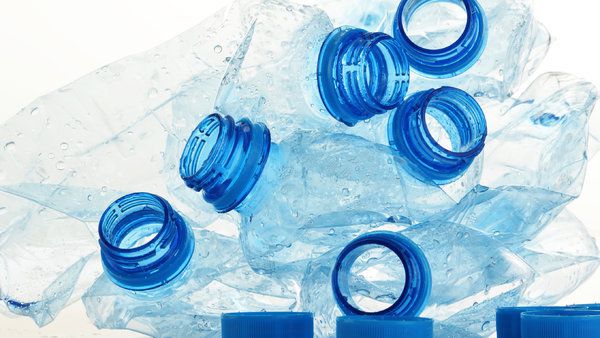In a study of nearly 400
pregnant women and their children, researchers found that each 10-fold
increase of BPA in a mother's urine was associated with a 14 percent
decrease in the child's breathing function at 4 years of age.
In
addition, a 10-fold increase in BPA at 16 weeks' gestation was
associated with more than four times the likelihood of persistent
wheezing at age 4, the study found. Persistent wheezing can be a sign of
asthma.
"Maternal exposures to BPA during pregnancy
may affect a child's future lung health," said lead researcher Dr. Adam
Spanier, an associate professor of pediatrics at the University of
Maryland School of Medicine in Baltimore.
The
findings were inconsistent, however. While 4-year-olds had reduced
breathing function associated with increased BPA exposure, that link
wasn't seen in 5-year-olds, the study said.
Moreover,
BPA concentrations in children's urine were not tied to reduced
breathing function or wheezing, Spanier said. The link was only with
maternal exposure, he said.
But if future research
confirms the link, BPA avoidance "may offer another avenue to prevent
the development of asthma," the study authors concluded.
Noting
that the researchers measured BPA levels in mothers during pregnancy
and followed children from birth, Spanier said he believes the findings
"support a causal association" between the chemical and respiratory
impairment.
Scientists have been puzzled by the surge
in asthma in the United States over the past three decades. One in 10
U.S. children has the respiratory illness, according to background
research in the study. Some studies have suggested that, in addition to
environmental triggers such as tobacco smoke and air pollution, exposure
to commonplace chemicals such as BPA could play a role in its
development.
For now, pregnant women and women intending to become pregnant may want to minimize exposure to BPA, Spanier said.
But
that can be difficult, since BPA is found in many consumer products,
such as the lining of food cans, some plastic bottles and food
containers, and some cash-register receipts, Spanier said.
To
avoid BPA, Spanier suggests eating fresh fruits and vegetables and
staying away from canned products. He also advises using glass
containers and avoiding plastic ones.
Plastic
products made with BPA will have a #7 recycling symbol on them or
contain the letters "PC" near the recycling symbol, according to the
U.S. National Institutes of Health.
To test for BPA
exposure, Spanier's team collected urine samples from 398 women at 16
and 26 weeks of pregnancy, and yearly samples from their children at
ages 4 and 5 years.
More on this story http://www.webmd.com/baby/news/20141006/fetal-exposure-to-plastics-chemical-tied-to-breathing-ills-in-kids

No comments:
Post a Comment